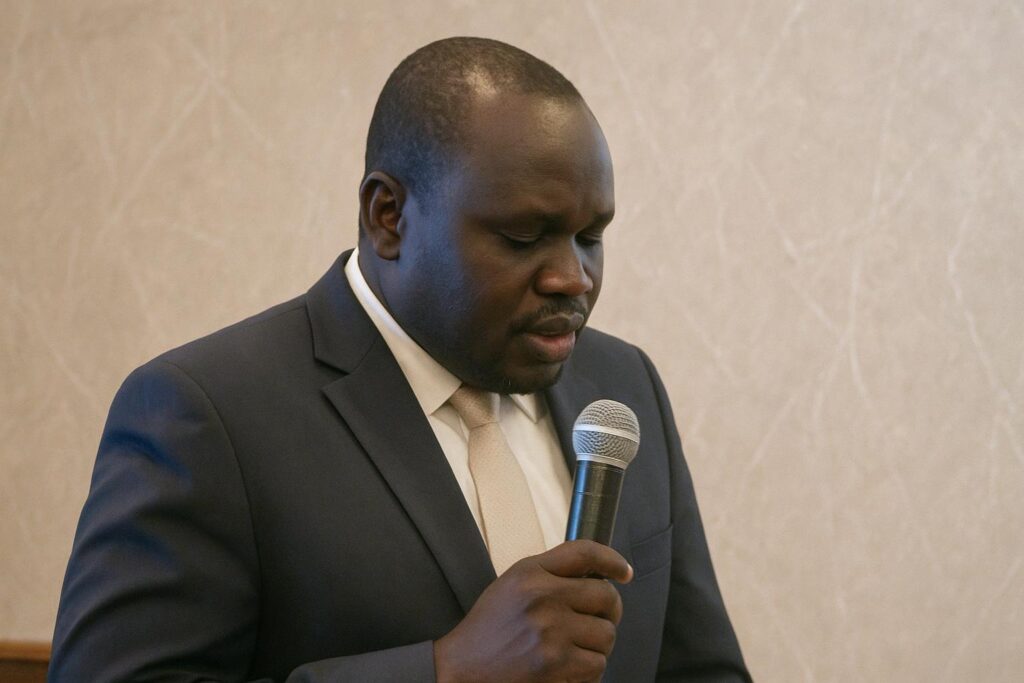South Sudan’s Fiscal Warning Lights
Economist Bec George Anyak, writing for the independent Sudd Institute, argues that Juba risks an outright budget meltdown because oil-funded savings vehicles created by the 2013 Petroleum Revenue Management Act remain dormant (Sudd Institute, 2025).
The think-tank warns that, without immediate policy action, debt-service costs could eclipse the country’s entire net oil income within a few years, squeezing funds for salaries, security and humanitarian programmes.
Oil Revenue Laws Under Scrutiny
The Petroleum Revenue Management Act mandates both a Stabilization Account and a Future Generations Fund, designed to collect surpluses during price booms and cushion shocks.
Anyak contends the directives were ignored, leaving a fiscal vacuum soon filled by opaque pre-export financing deals negotiated outside parliamentary oversight.
Shadow Borrowing and Legal Repercussions
At least three international lenders have sued South Sudan for default, including a landmark Afreximbank case that resulted in a 657-million-dollar judgment from a London tribunal, the report notes.
Such litigation not only threatens oil cargoes pledged as collateral but also inflates risk premiums, making future borrowing costlier and shortening repayment horizons.
Blueprint for Stability Exists
The Sudd Institute calls for an immediate freeze on new oil-backed loans, formal activation of the two sovereign funds and annual, independently verified audits to rebuild market confidence.
Anyak insists ‘the architecture for fiscal discipline is already on the books; political will is the missing piece,’ underscoring that the reforms require administrative, not legislative, effort.
Regional Echoes and Stakes
Analysts in Nairobi argue that South Sudan’s solvency matters for the wider East-African oil corridor, where pipeline projects and trade routes rely on Juba’s ability to honor transit fees.
A fiscal collapse could reverberate through exchange rates from Kampala to Addis Ababa, complicating regional integration agendas championed by IGAD and the African Continental Free Trade Area.
Path Forward
Whether Juba embraces the suggested reforms will become clear in the upcoming budget session, observers say, but the window for painless adjustment is narrowing as oil reserves and trust both deplete.


